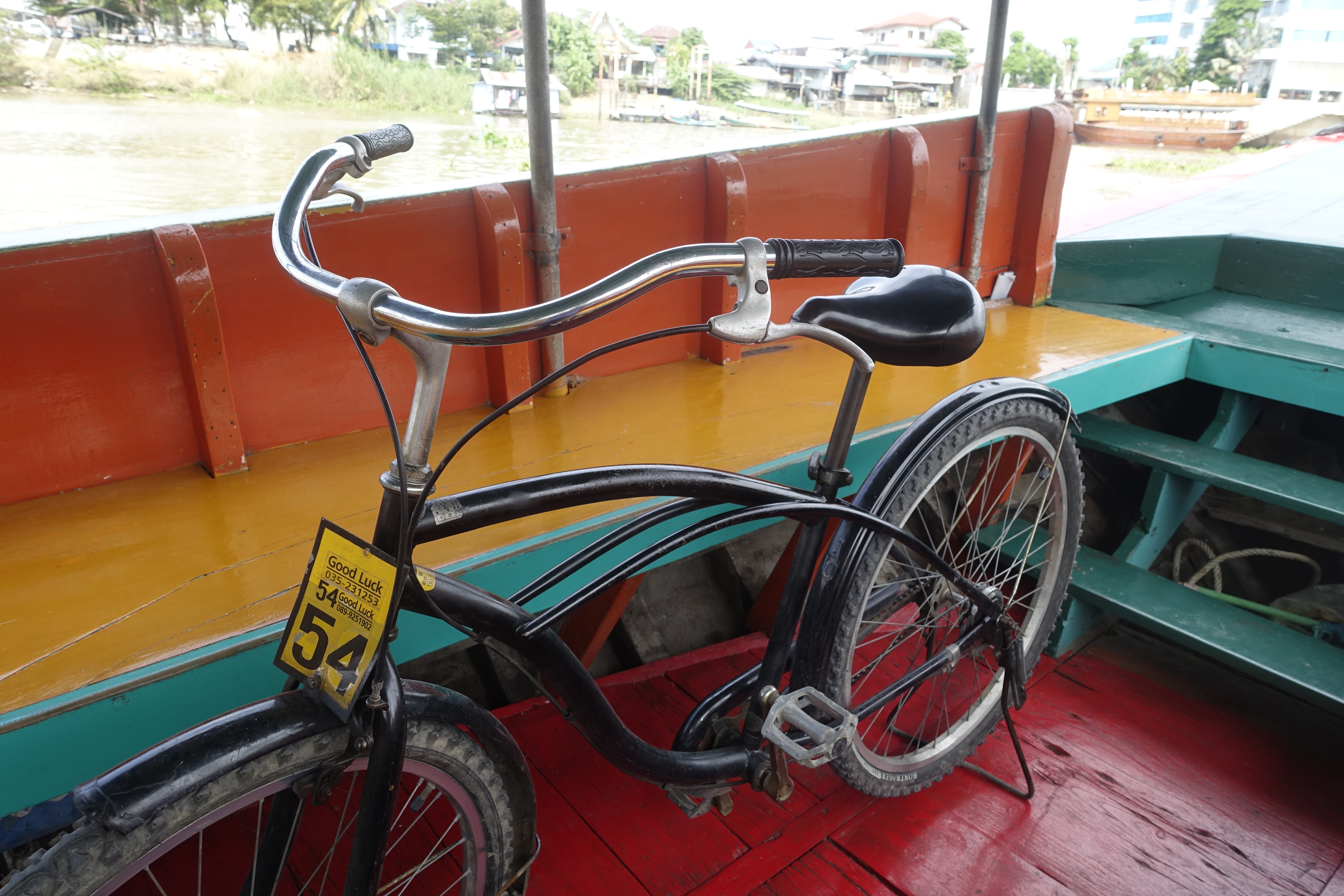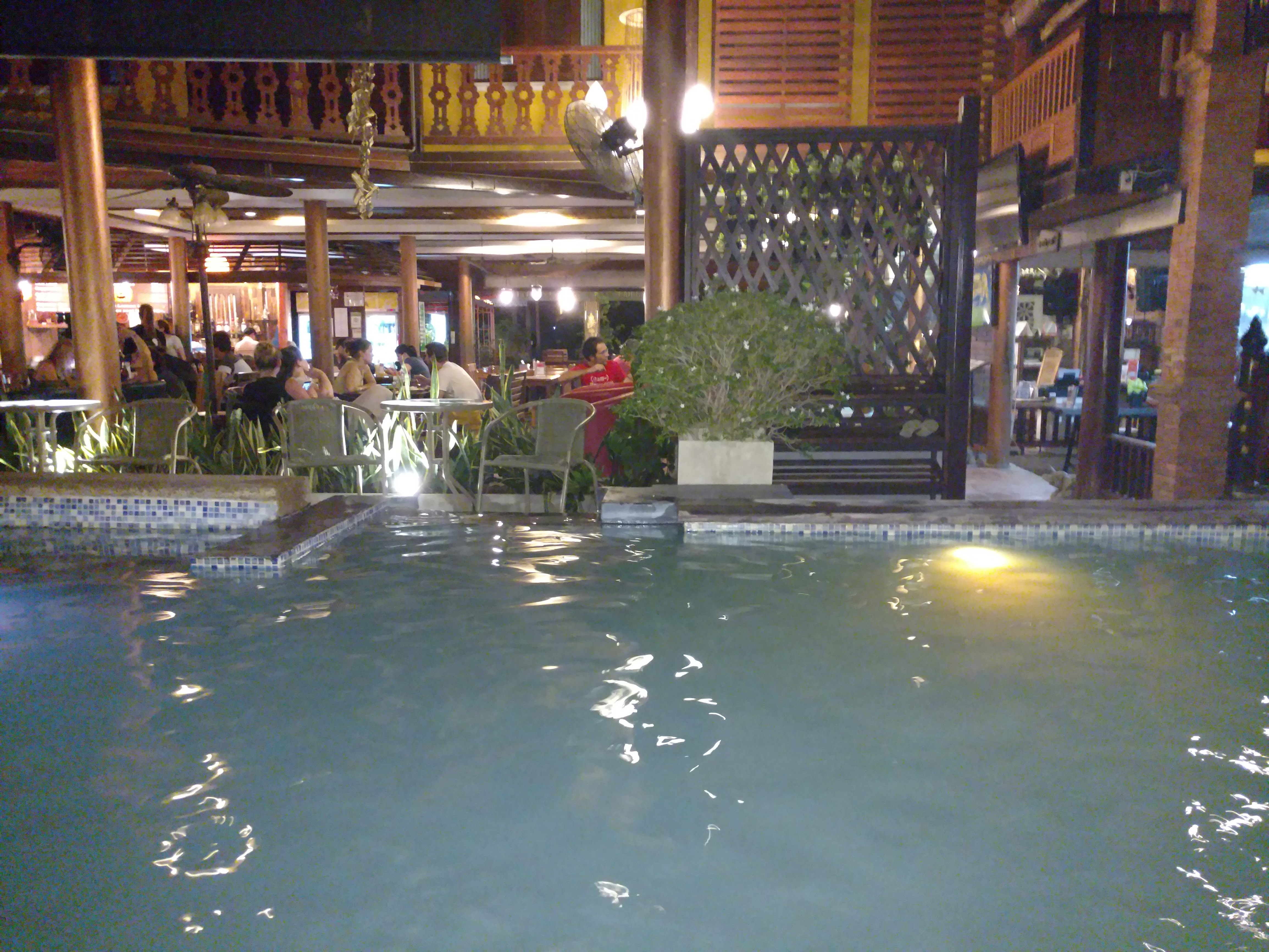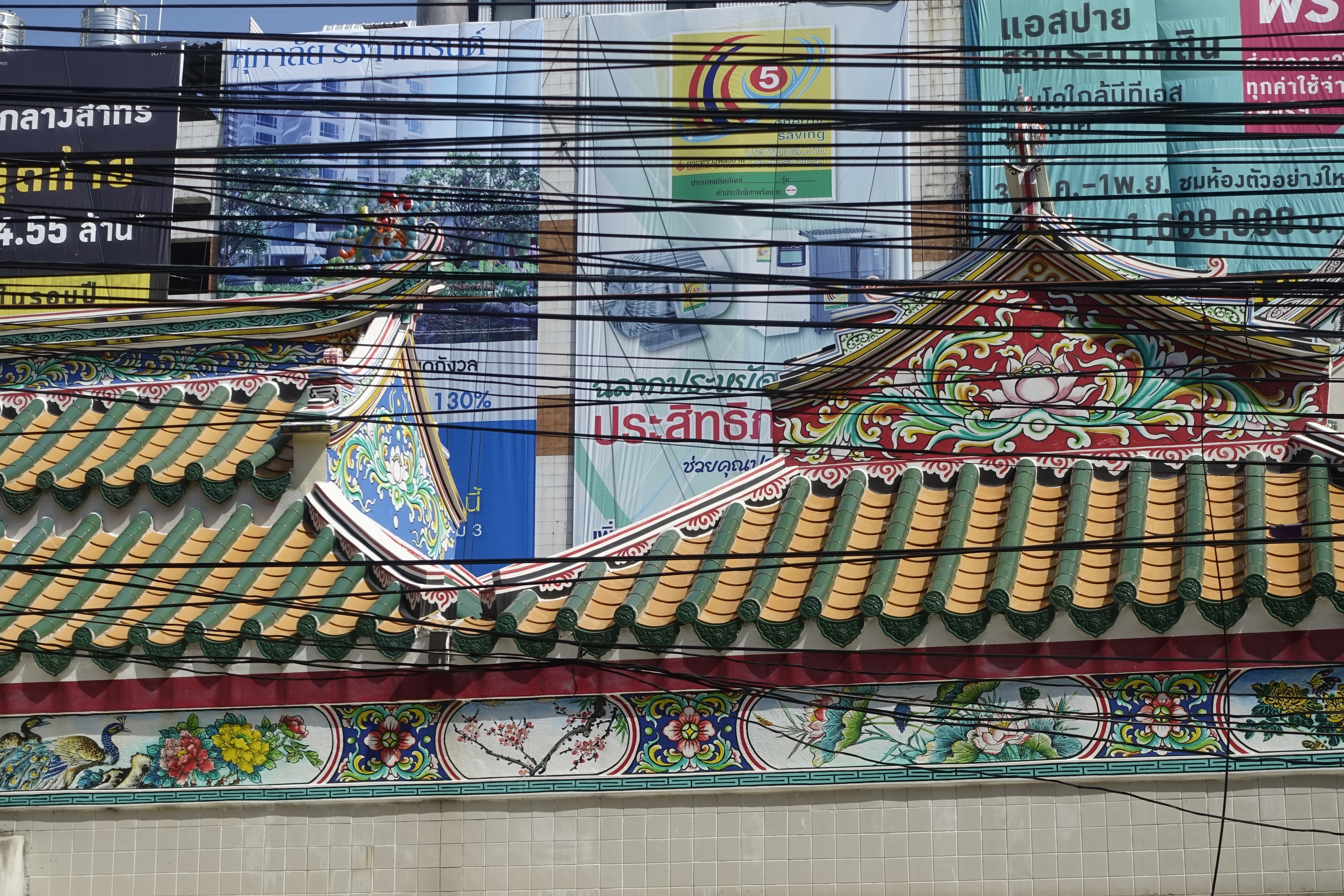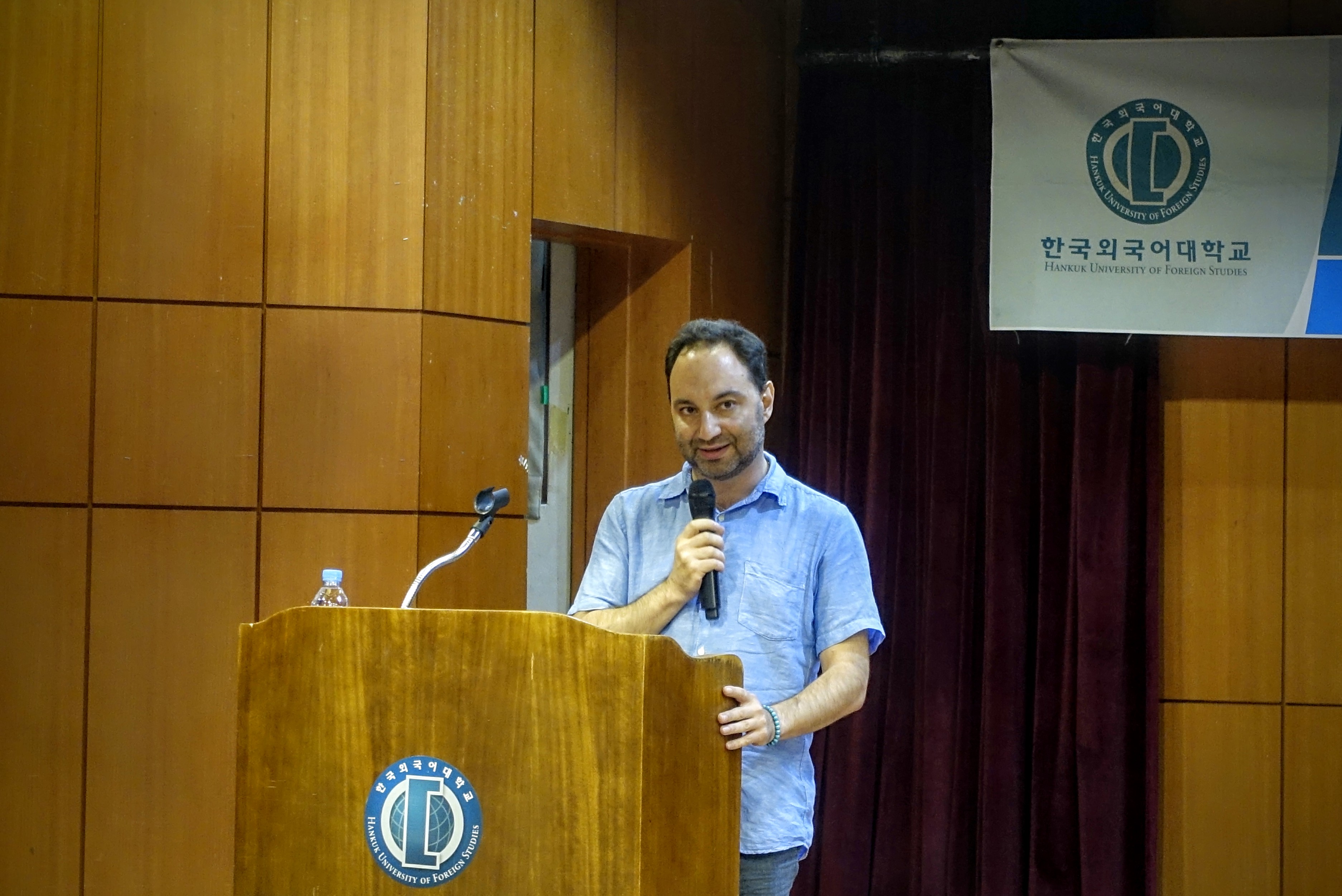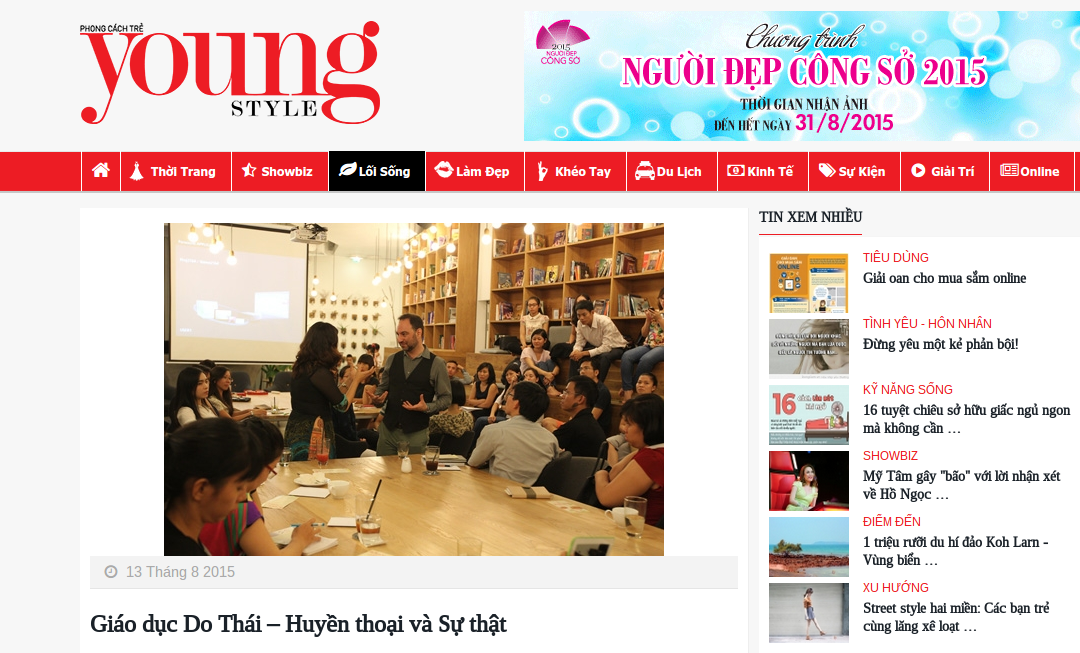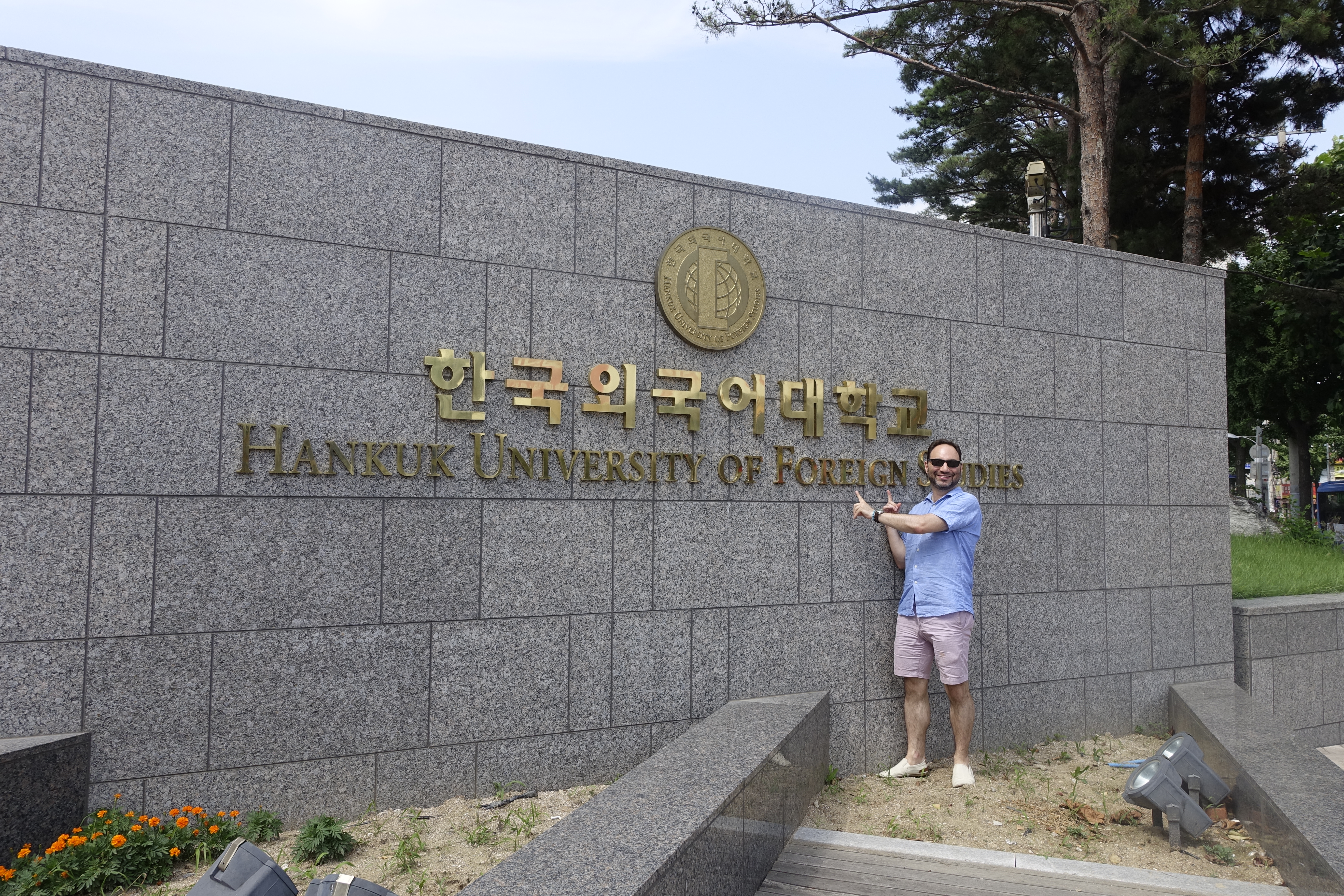Ayutthaya, Thailand
An important fact about Thailand is that it is not India.
My first travel abroad was to India, and it’s the only place (well, plus Nepal) where I’ve done extended backpacking. I now realize that the Indian experience is where a lot of my travel apprehension is coming from.
Here’s an example. I’ve spent two days riding a rented bike all over Ayutthaya, one of the most famous and popular tourist spots in the country. Not once has a beggar approached me, and the most aggressive selling I’ve encountered came from a woman who waved some postcards at me. When I tried to buy a hat in front of the temple, the woman selling it quoted the price as a reasonable B200, and I sort of weakly attempted to haggle before paying full price. The prices for entry to monuments are clearly marked, and that’s what you pay.
None of this is true in India, or at least it wasn’t when I was there. If Ayutthaya were in India, each monument would have an army of aggressive beggars out front — children, cripples, old women — and an army of tuk-tuk drivers chasing after you, and a bunch of guides who keep trying to follow you around and get you to pay for their services. The entry price would be marked as, say, 200 rupees, and the guy would insist that the sign is out of date and you need to pay 500. And buying a hat? It would have gone like this:
Merchant: How much you like?
Me: No, just tell me a price.
Merchant: Anything you want.
Me: OK, thirty rupees?
Merchant: What! How can you say that! No, no! What talking about, thirty rupees?
Me: So how much then?
Merchant: You say good price.
Eventually the guy would either name an absurd price, or I’d just give up and walk away, feeling like we’d just had some kind of uncomfortable argument. The walking away might or might not bring the price down to something reasonable. There would be little chance that I could just buy a hat at a fair price without a whole psychodrama and a high risk of failure.
Thailand just isn’t like India that way. It’s not assaultive or confrontational. In fact, Thais seem to shy away from confrontation. They are polite. They don’t honk their horns, an oddity in Asia. They let me merge with traffic pretty easily on a bicycle. They take no for an answer. When I asked about a bus to Lopburi at my hotel, the manager said I should just take the train — there wasn’t even a thought about making the extra dollar by booking me on something I didn’t need.
I mentioned to my UN friend that I hadn’t yet worked out, in my few days in Bangkok, what drives Thai people, what motivates them. She said what drives them is sanook, a Thai word meaning something like fun or the good life. There’s maybe a Southern European quality to Thais that contrasts with the Northern European qualities of the more driven Chinese, Koreans, Japanese, and Vietnamese, those cultures that absorbed Confucianism as an ethos. I think in the long run that I prefer life among the Confucians — I like the energy and ambition — but it’s comfortable here, and easy. It might be less so in some of the other countries of the region, or in other parts of Thailand. We will see. But so far, Thais have been kind and friendly and easygoing, and it’s a welcome relief from what I was braced to expect.
Scattered observations
If we assume that my trip to Southeast Asia will last 200 days — a big if — then already I’m about 6% done. I have been to two places, Bangkok and Ayutthaya. At my current rate, I would see maybe 40 places in all of my travel. Is that a lot? Not enough? I’ll probably pick up the pace a bit at times, but also probably wash out and stay for a while in other spots.
In Thailand, there’s a belief that when you build a house, you disturb the spirits that were living on the land, so you have to build a spirit house and each day give flower garlands and food to the spirits who live there. The spirit house shouldn’t fall within the shadow of the main house. You see these spirit houses everywhere, including one with a cross and a Virgin Mary statue at the ruins of the old Portuguese cathedral in Ayutthaya.
The Thai word for five is “hah,” similar to the Korean “o”. When Thais want to show that they’re laughing in a chat or a Facebook comment, they write “555.”
Thais drink root beer, or at least they sell the stuff here. A&W. I hear they have it in Indonesia too. If you order a soda in a cafe, you order by color, not flavor: red, orange, green. No one seems to know what green is.
Thais eat with a fork and spoon: fork in the left hand, used roughly how we might use a butter knife, spoon in the right hand as the eating utensil. Chopsticks come with noodles.

